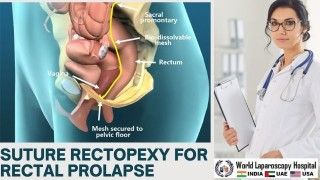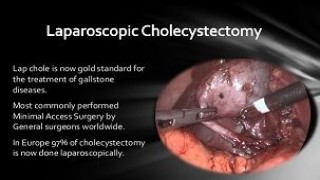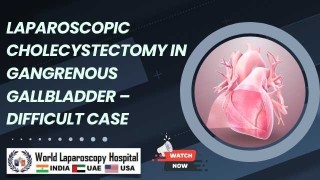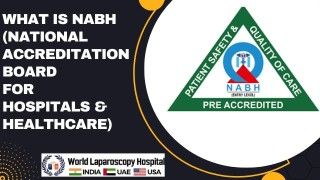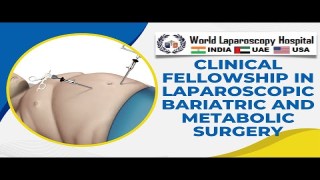Optimal Bowel Preparation for a Smooth Laparoscopic Surgery
Add to
Share
1,543 views
Report
2 years ago
Description
Achieving a thorough and effective bowel preparation before laparoscopic surgery is crucial to ensure optimal visualization and reduce the risk of complications. Here are some general guidelines to follow for a good bowel preparation: Follow your surgeon's instructions: Your surgeon will provide specific instructions tailored to your individual case. It is important to carefully follow these instructions to ensure the best possible bowel preparation. Clear liquid diet: Typically, you will be advised to follow a clear liquid diet for a day or two before your surgery. This diet includes consuming clear liquids such as water, broth, clear juices, tea, and gelatin while avoiding solid foods and beverages with red or purple coloring. Avoid certain foods and medications: Your surgeon may instruct you to avoid specific foods, such as high-fiber foods, seeds, nuts, and certain medications that can affect bowel movements or increase the risk of bleeding. Bowel cleansing agents: Your surgeon may prescribe bowel cleansing agents, such as polyethylene glycol (PEG) solutions or oral laxatives, to help cleanse your bowels. These medications work by promoting bowel movements and clearing the intestines of stool. Timing of bowel preparation: It is important to adhere to the specific timing instructions provided by your surgeon regarding when to start and complete the bowel preparation. This ensures that your bowels are adequately cleansed before the surgery. Hydration: Staying well-hydrated during the bowel preparation process is important. Drink plenty of clear liquids as instructed by your surgeon to prevent dehydration. Follow-up instructions: Your surgeon will provide specific instructions regarding when to stop consuming liquids before the surgery. It is essential to adhere to these instructions to prevent complications during the procedure. Communicate with your healthcare team: If you have any questions or concerns about the bowel preparation process, do not hesitate to reach out to your healthcare team. They are there to provide guidance and address any issues you may have. Remember, the specific bowel preparation protocol may vary depending on the surgeon, the type of laparoscopic surgery, and individual patient factors. It is crucial to closely follow the instructions provided by your surgeon to achieve a successful bowel preparation and optimize the surgical outcome. To take polyethylene glycol (PEG) for bowel preparation, follow these general guidelines: Follow your surgeon's instructions: Your surgeon will provide specific instructions on how and when to take PEG. It is important to carefully follow their guidance. Dilute the PEG solution: PEG is typically provided as a powder or a concentrated liquid that needs to be diluted. Follow the instructions provided with the medication to properly dilute it. Usually, you will mix the powder or concentrate with a specific amount of water or another clear liquid. Start drinking the solution: Once properly diluted, start drinking the PEG solution as directed by your surgeon. It is usually recommended to drink a specific amount at designated intervals. Pace yourself: Drinking the PEG solution can be challenging due to its taste and volume. Take small sips at regular intervals to pace yourself and make it more manageable. You may use a straw or chill the solution to help with the taste. Stay hydrated: It is important to stay well-hydrated during the bowel preparation process. In addition to the PEG solution, you may be instructed to drink clear liquids such as water, clear juices, or sports drinks. Follow the specific guidelines provided by your surgeon regarding fluid intake. Be prepared for increased bowel movements: PEG works by promoting bowel movements and clearing the intestines. Be prepared for frequent bowel movements and loose stools. It is normal for the stool to become watery as the bowel is cleansed. Follow-up instructions: Your surgeon will provide specific instructions on when to stop drinking the PEG solution before the surgery. Adhere to these instructions to ensure that your bowels are adequately cleansed. Communicate with your healthcare team: If you have any questions or concerns about taking PEG or the bowel preparation process, don't hesitate to contact your healthcare team. They can provide clarification and support throughout the process.
Similar Videos

